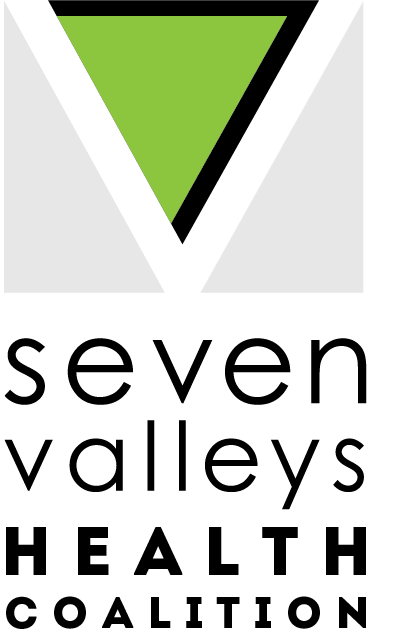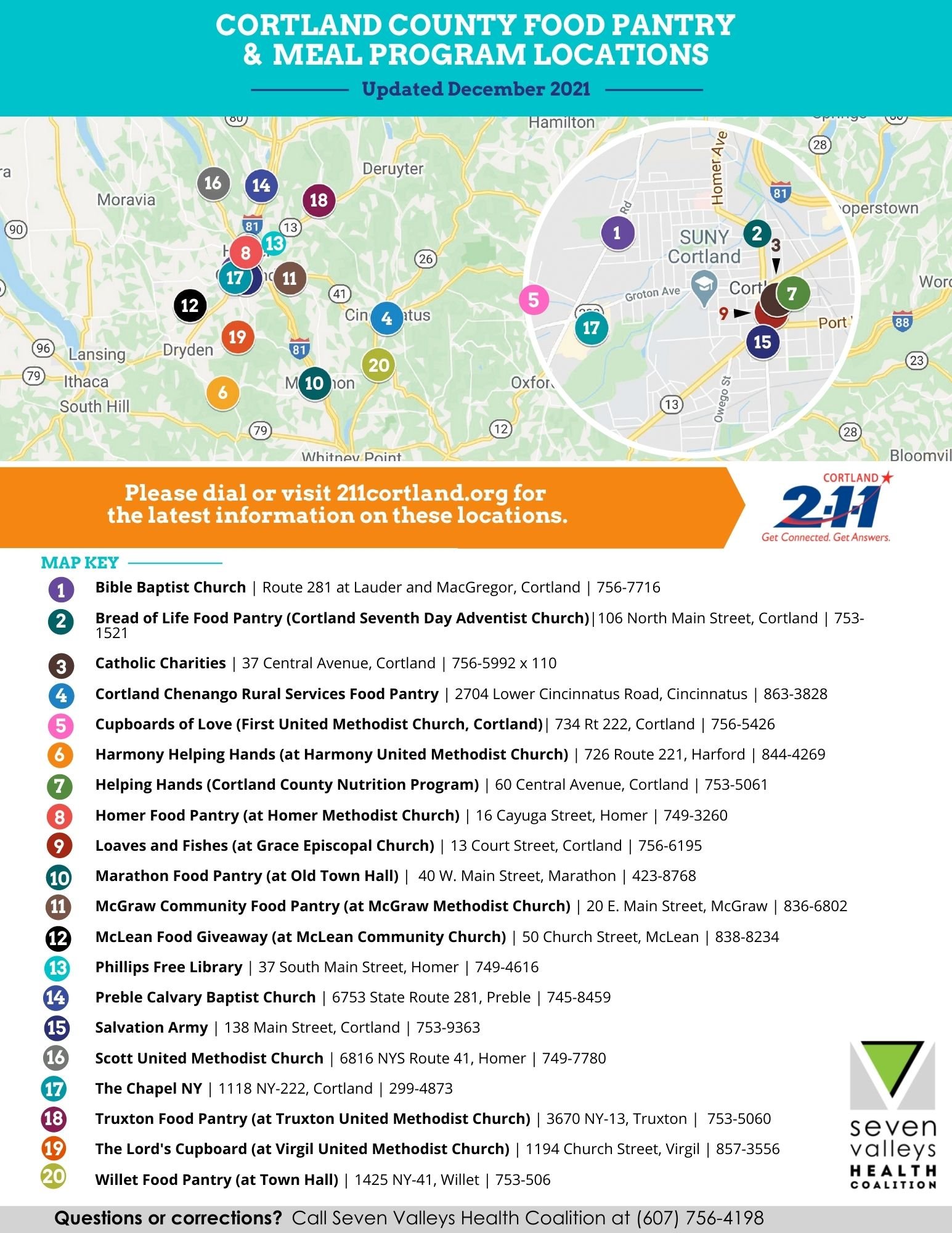Overcoming Self-Shame While Being Food Insecure
Let’s talk about the shame surrounding food insecurity.
The Department of Agriculture defines food insecurity as, “the lack of access at times, to enough food for all household members”. Two years into the COVID-19 pandemic, millions are facing hunger, many for the first time, and food banks have experienced a 55% increase in demand. In 2020, food banks nationwide distributed 6 billion meals to those facing hunger in the United States. With the unprecedented state of this pandemic, some people who have never experienced food insecurity are facing new feelings of shame and self-consciousness around food. It is not uncommon for individuals to feel shame when they’re experiencing the opposite of the social norm or feel as if they’re seen as “othered”.
Bill Emerson Congressional Hunger Center Fellow, Elaine Zhang, recently concluded her five-month community-based storytelling project at Seven Valleys Health Coalition, focusing on those with lived experiences of food insecurity in the Cortland community. This storytelling program began with the Cortland Food Project’s Hunger Coalition subcommittee’s desire for authentic participation from persons with lived experience with food security in Cortland County on the services being provided locally to meet those needs. Personal stories about experiences with hunger can be more impactful than simple statistics, such as the food insecurity rate in Cortland County is 12.5%, 14.7% higher than the national average. The goal for the storytelling program in Cortland County is to elevate the voices of people with lived or living experiences of nutrition insecurity by providing the opportunity to share their stories to first craft an impactful storytelling program and then utilize this program in the future to impact the ways in which hunger is addressed at all levels.
Her culminating report was just completed and is now available for anyone to read! Her report includes best practices for planning a storytelling program including adapting to the needs of rural communities, applying a racial equity lens, building trust, and shifting power to the storytellers - just to highlight a few!
SVHC would like to thank Elaine for all the hard work she has done at her time here and wish her the best of luck as she continues her fellowship in DC. As for the future of the storytelling program, Avery our AmeriCorps Member will continue conducting interviews and collecting data to inform the program goals.
As a society, we often avoid having conversations surrounding food insecurity and economic disparities, especially in BIPOC (Black, Indigenous, and People of Color) communities, because of the general stigma that often surrounds the topic. Being open to having honest conversations about food insecurity and normalizing utilizing food pantries and other resources to address food security including SNAP, WIC, etc. can shift feelings of shame to something positive, humanizing those experiencing food insecurity. As a community we can actively work towards becoming more compassionate and empathetic, reshaping our thinking to end the stigma surrounding food insecurity.
Anyone who is interested in learning more about SVHC’s Storytelling Project on behalf of the Hunger Coalition please contact: Susan Williams susan@sevenvalleyshealth.org & Adrianne Traub adrianne@sevenvalleyshealth.org
Have questions? Worried you may be food insecure*?
2-1-1 can connect you to programs that can help. 2-1-1 is a free, confidential, multilingual service providing an easy way to get connected with services in the community that best meet your needs. https://www.211cortland.org/food
*Examples of food insecurity include qualifying for SNAP/WIC benefits, not having enough to eat, not being able to afford the quality or quantity of food needed, etc.


